
Safeguarding Vulnerable Adults from Financial Scamming
Date: Tuesday 10th November 2015 9.45 – 3pm
Location: Hamworthy Club Ltd, Magna Rd, Wimborne BH21 3AP
The National Centre for Post-qualifying Social Work is pleased announce that it will be hosting a FREE event on safeguarding vulnerable adults from financial scamming as part of the ESRC Festival of Social Science.
Financial scamming and mass marketing fraud (MMF) are growing aspects of financial crime, and those working to protect vulnerable adults needs to develop increased awareness and understanding of the challenges it poses. The Office of Fair Trading estimates that UK consumers lose about £3.5 billion to scams each year. These threats take on many forms, including doorstep scams, phone scams, postal scams and increasingly scams via the internet.
This ESRC Festival of Social Science event will showcase recent research and best practice responses dealing with the threat posed by financial scams. This event will bring together staff from key agencies and the public to explore research and best practice to tackle this issue.
Speakers
Louise Baxter – The National Scams Team
‘The National Trading Standards Scam Team – What is being done to identify, protect and prevent future harm to victims of mass marketing fraud’
Sean Oliver – Croydon Council and Trish Burls Trading Standards
‘Safeguarding Social Work and Trading Standards, Joint Working: Research and Experiences from Croydon Council’
Rebecca Rogers – BU Cyber Security Unit
‘Protecting the vulnerable from cyber-crime’
Phil Mawhinney – Policy Officer – Consumer & Community, Age UK
Only the Tip of the Iceberg: Scams and Older People
After lunch there will be an opportunity to work with others to explore new ways of working together to tackle financial scams and to explore and the ways in which agencies can develop strategies to support vulnerable adults who are at risk or are victims of financial scams.
Staff from the National Centre for Post-qualifying Social Work will also showcase the recently updated National Safeguarding Framework for Adults
Places are limited and can be booked by CLICKING HERE
CLICK HERE to see the flyer, feel free to print it out and share with your colleagues.
For further information on the event please contact
Dr Lee-Ann Fenge – Deputy Director NCPQSW
Reference
Office of Fair Trading (2009) The psychology of Scams, Office of Fair Trading: London

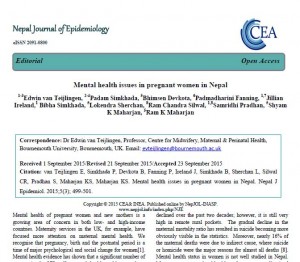

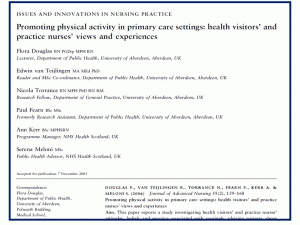
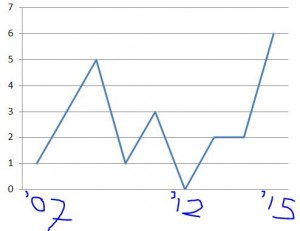
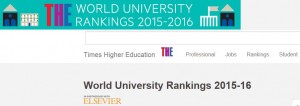

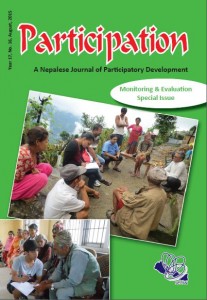
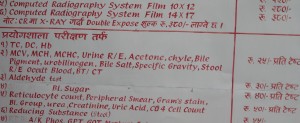

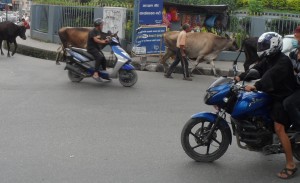 Today I attended a contract-signing meeting at the Department of Health, Physical and Population Education at Nepal’s oldest university, Tribhuvan University (TU).
Today I attended a contract-signing meeting at the Department of Health, Physical and Population Education at Nepal’s oldest university, Tribhuvan University (TU). Midwives (ANMs) about the key mental health issues in pregnancy and in the months after birth. A local charity Green Tara Nepal (GTN) will support the work through some of the curriculum design, sensitising UK volunteers to live in rural Nepal, assisting in translating, as well as helping to recruit the local health workers. The two UK universities have a long history of working with GTN as well as its sister organisation Green Tara Trust (GTT), a Buddhist charity based in London. The new project will be based in Nawalparasi in the sub-tropical part of the country bordering India. The target population consists of grassroot health care practitioners since there are no doctors in these rural villages.
Midwives (ANMs) about the key mental health issues in pregnancy and in the months after birth. A local charity Green Tara Nepal (GTN) will support the work through some of the curriculum design, sensitising UK volunteers to live in rural Nepal, assisting in translating, as well as helping to recruit the local health workers. The two UK universities have a long history of working with GTN as well as its sister organisation Green Tara Trust (GTT), a Buddhist charity based in London. The new project will be based in Nawalparasi in the sub-tropical part of the country bordering India. The target population consists of grassroot health care practitioners since there are no doctors in these rural villages.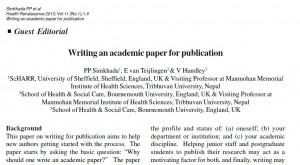
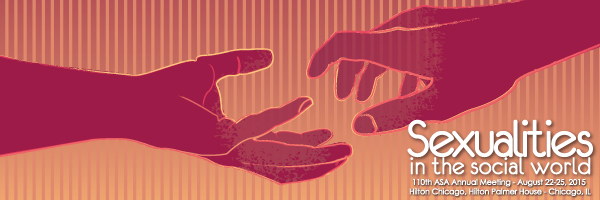
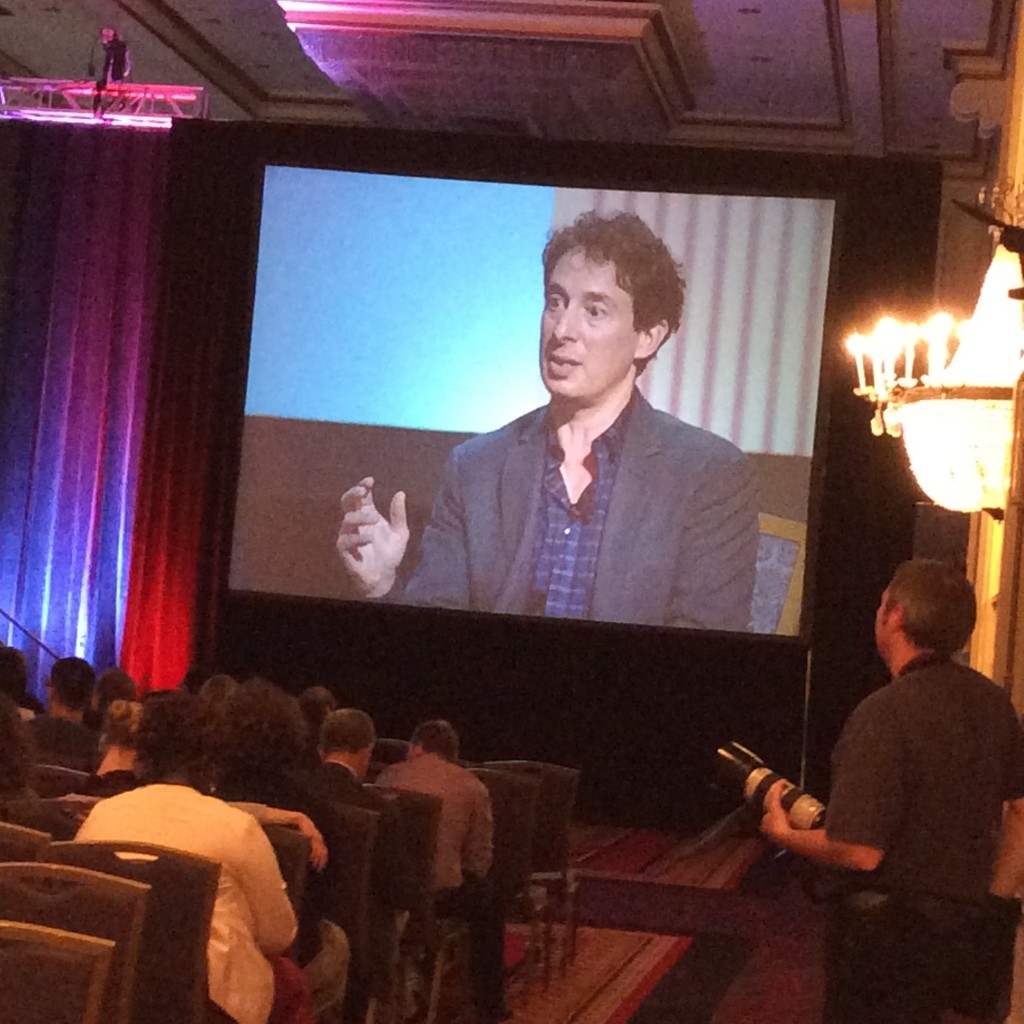


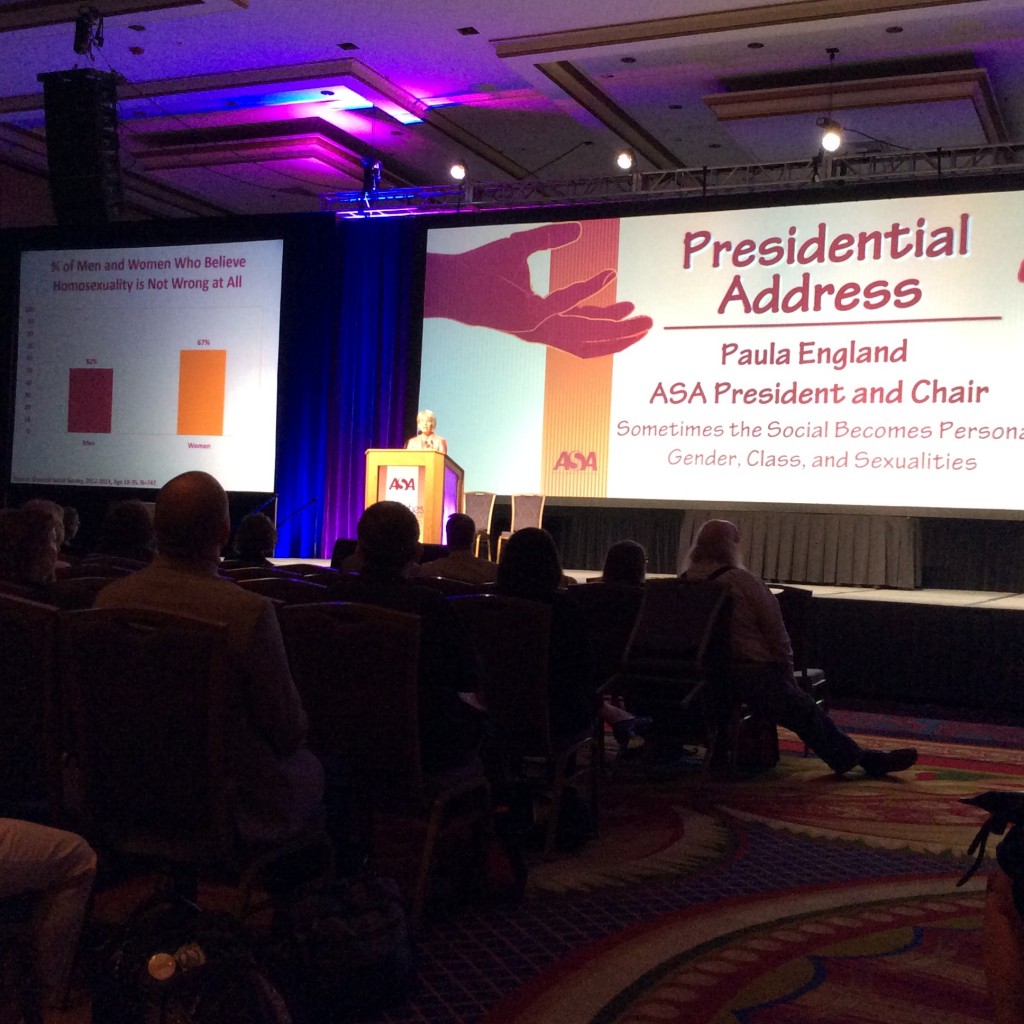
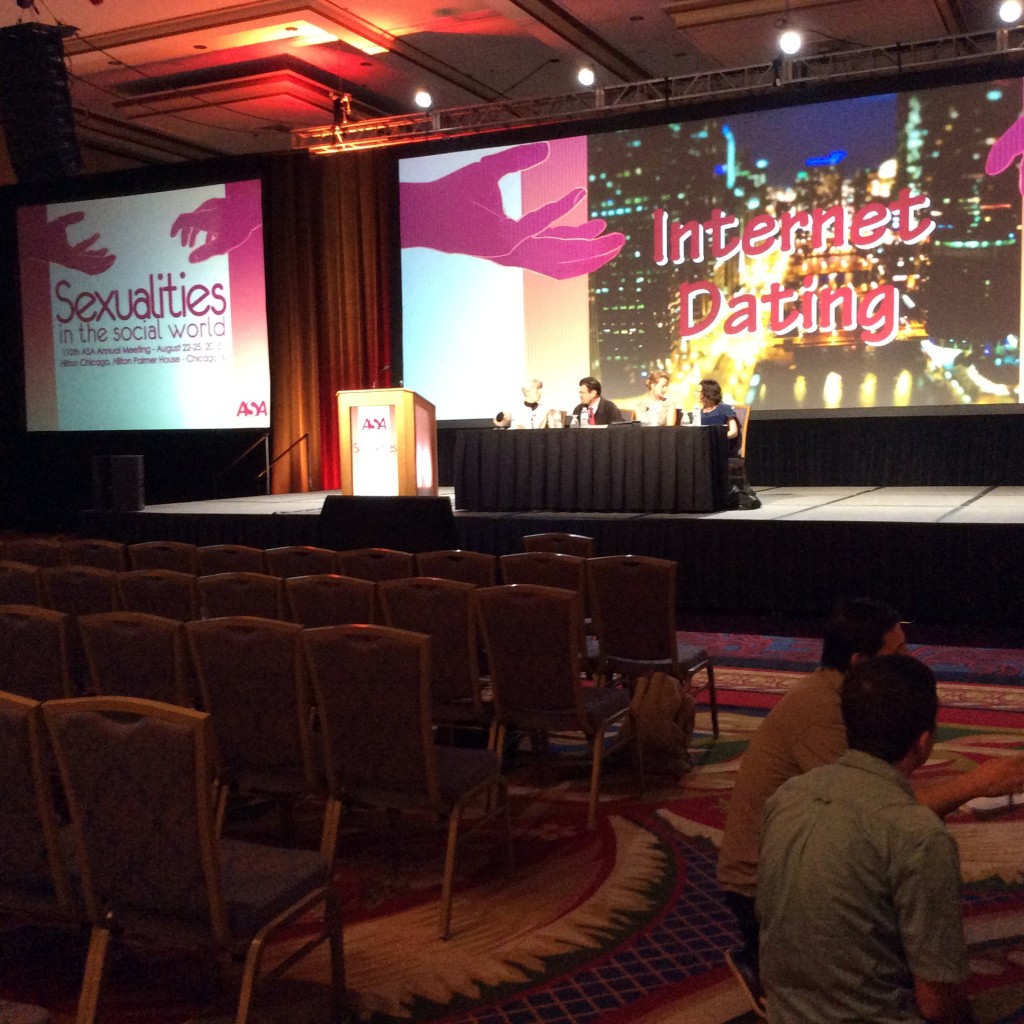
 Emily Rosenorn-Lanng Research Assistant
Emily Rosenorn-Lanng Research Assistant Rebecca Johnson Research Assistant
Rebecca Johnson Research Assistant![FullSizeRender[1]](http://www.ncpqsw.com/wp-content/uploads/2015/01/FullSizeRender1-150x150.jpg) Sarah Wincewicz Research Admin Assistant
Sarah Wincewicz Research Admin Assistant


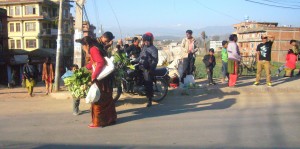
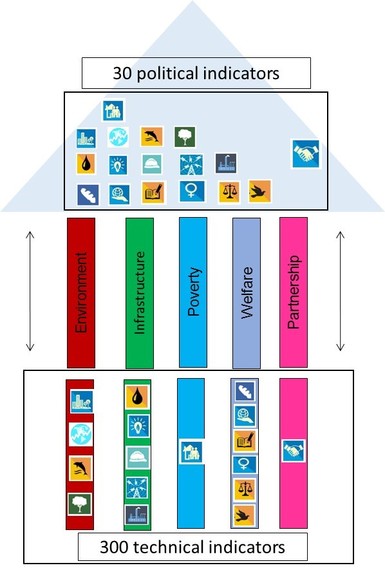
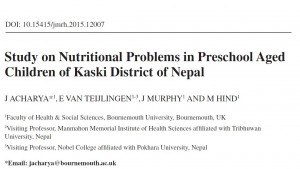
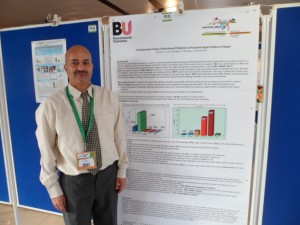

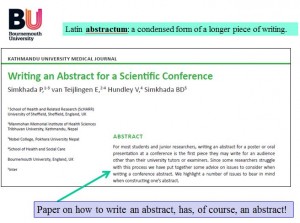
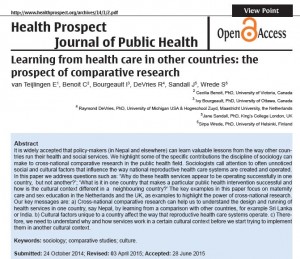

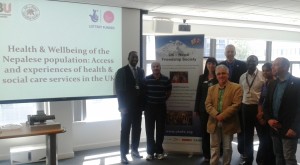
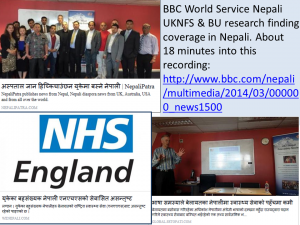 uth Asian and broader Black & Minority Ethnic (BME) communities in the UK.
uth Asian and broader Black & Minority Ethnic (BME) communities in the UK.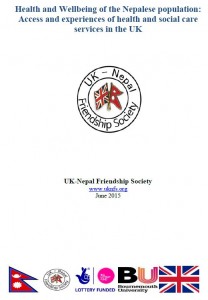











 Fourth INRC Symposium: From Clinical Applications to Neuro-Inspired Computation
Fourth INRC Symposium: From Clinical Applications to Neuro-Inspired Computation Writing policy briefs
Writing policy briefs Upholding Excellence: The Concordat to Support Research Integrity
Upholding Excellence: The Concordat to Support Research Integrity Today’s Documentation Will Serve Tomorrow’s Justice
Today’s Documentation Will Serve Tomorrow’s Justice ECR Funding Open Call: Research Culture & Community Grant – Application Deadline Friday 12 December
ECR Funding Open Call: Research Culture & Community Grant – Application Deadline Friday 12 December MSCA Postdoctoral Fellowships 2025 Call
MSCA Postdoctoral Fellowships 2025 Call ERC Advanced Grant 2025 Webinar
ERC Advanced Grant 2025 Webinar Horizon Europe Work Programme 2025 Published
Horizon Europe Work Programme 2025 Published Horizon Europe 2025 Work Programme pre-Published
Horizon Europe 2025 Work Programme pre-Published Update on UKRO services
Update on UKRO services European research project exploring use of ‘virtual twins’ to better manage metabolic associated fatty liver disease
European research project exploring use of ‘virtual twins’ to better manage metabolic associated fatty liver disease